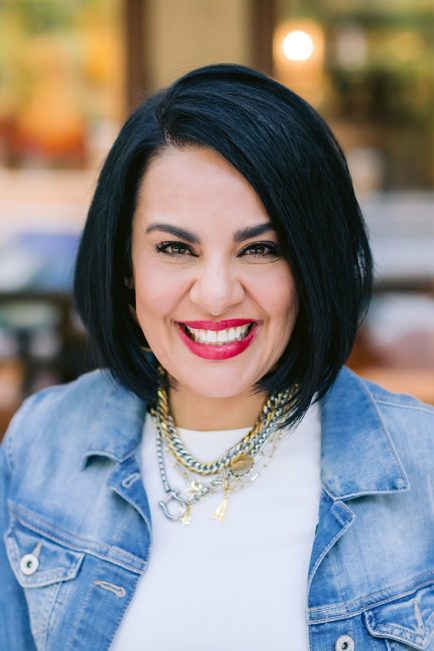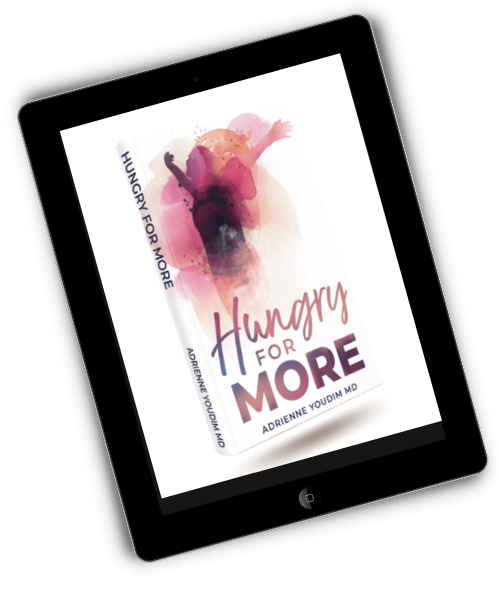|
This week my patient shared as an aside that her child was acting out. She was having a rough time because her teacher had left on maternity leave, her nanny had left and at nearly the same time, her 2 best friends had changed schools. My heart just broke for all the little losses that little child was experiencing. Perhaps I was feeling particularly tender as I experienced a recent loss of relationship myself. And of course the constant reports of loss and tragedy around the world is also top of mind… One thing is for certain, we all experience loss. And so, in keeping with the theme of mental health month, I thought I would dig in a little deeper into the universal experience of loss. And as always, I will start with a personal story… Many years ago, when I was pregnant with my now 16 year old, I went to see a therapist to help me with my ongoing mom guilt. Although my first child was almost three, I had still not gotten over my lightning quick maternity leave and the 100+ hour work weeks my husband and I both endured when she was born. And now with a second child on the way in just weeks, I thought I might speed heal myself out of the potential for more mom-guilt with this new child In the handful of sessions that transpired before I gave birth, one thing she said still stands out. “Your experience of loss is so severe,” she told me, “it is as if you have been abandoned.” But I had not been abandoned. I was born into a loving family and while they had the struggles that most immigrant families had, I felt loved and cared for. Many years later, my understanding of the epigenetics of trauma might hold the reason why. The fascinating study of epigenetics has taught us that loss and trauma does in fact get passed down in the DNA from grandmother to mother to child, to our progeny and progenies progeny as well. My thoughts went to my mother. Perhaps the loss of her homeland and her voyage across the globe leaving all she knew as the first to leave her family in Iran? Perhaps, the fact that my grandmother had lost her mother at a very young age or the loss of her sister who died soon thereafter leaving a toddler and infant that my grandmother would come to mother even though she was herself just a child. It seems like almost science fiction that trauma could be passed down unknowingly across the generations, but the science shows this to be in fact true. Consider this. Women are born already carrying all the female reproductive cells i.e. eggs that 20, 30, 40 years later are fertilized by sperm to conceive. In fact, precursors of these eggs already existed in your mothers body when she herself was in utero in her mother’s body as early as when your grandmother was 5 months pregnant. Which really is a wild thought! Mark Wolyn states in his book “It Didn’t Start with You, 3 generations share the same cellular environment at the same time. Science has shown that mothers’ emotions including fear, love , anger and hope can biochemically alter the genetic expression of her offspring. Emotions in the mother cause a release of hormones and chemical signals that not only cause changes in her body but also in the body of the fetus by activating metabolic, physiologic and genetic changes in her. When chronic, repetitive emotions can imprint on the fetus impacting how he or she responds to similar events or those that evoke similar emotions. Studies show children born to mothers experiencing high stress while in utero are more likely to be born preterm and under-weight and to be colicky, hyperactive and irritable. And children who were in utero during war or the holocaust or during 9/11 are more likely to express genes associated with anxiety, depression, PTSD and other mental health diagnoses. The Adverse Childhood Events Studies also have demonstrated a higher incidence of obesity, rheumatologic diseases, cardiovascular disease and certain cancers in those who have experienced adverse events in childhood. This may seem like a depressing proposition both as a recipient and a potential donor of non coding genes that could lead to emotional distress in our progeny. But here is the flipside. This coding also carries a blueprint that prepares us with tools for similar stressors to help us cope, adapt and to survive. The fact that trauma is coded and passed down gives us a blueprint, a memory that we can rely on to navigate the challenges, stressors and traumas in our own lives, but only if we are aware and intentional. Validating these losses in ourselves and our children, exploring the feeling and visceral feelings even when they feel misplaced, doing the work of processing these feelings whether through therapy, mindbody practices, somatic practices and the many other tools that can be available to us, can heal. This work is not only healing and therapeutic to us personally and to our children, but I would argue essential to healing our world, to stepping out of the reactivity that has gripped us and is in full view across the globe and to creating the support, safety and humanity that we all crave and need. You can hear the whole episode here or anywhere you podcast. Wishing you awareness, intention and health. |
Xx,



